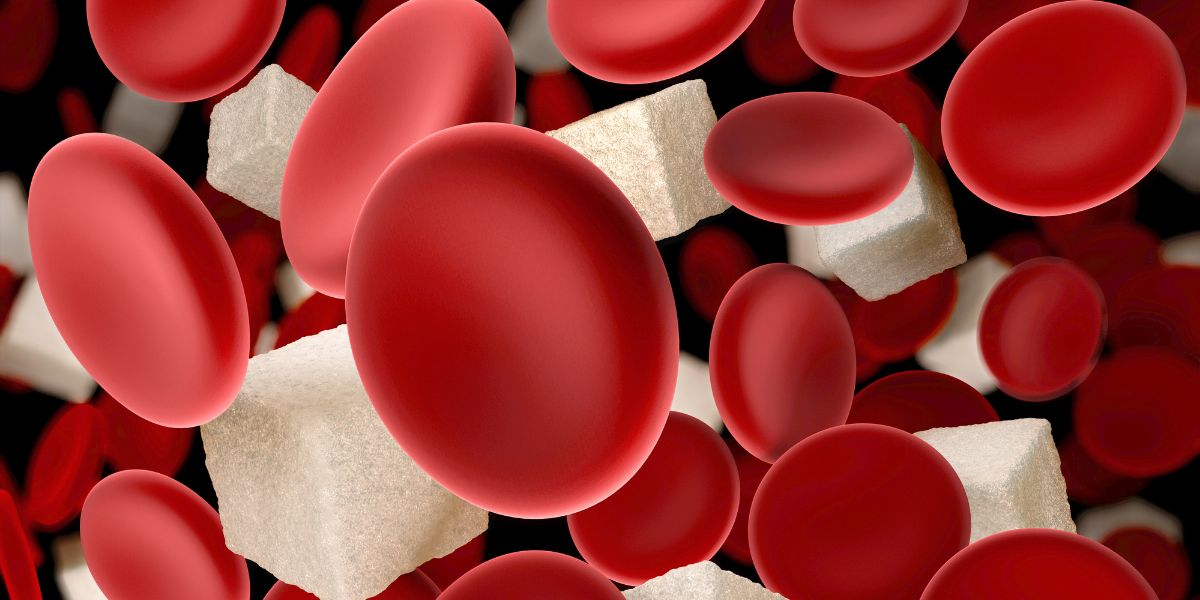If you are regularly getting high sugar levels ( hyperglycemia ) before one particular type of meal, that is either lunch or dinner, or before bed, then a change in your diabetes management is likely to be needed.
This guide sets out the common reason for high sugar levels before meals and lists the action that can be taken to prevent the high patterns from continuing.
Also see the guide on high sugar levels through the day which includes a number of additional reasons as to why blood glucose levels can run too high.
Underestimating meal time insulin at your previous meal
A common reason for high sugar levels before lunch, dinner or bedtime can be taking too little short or rapid acting insulin at your previous meal.
| High sugar levels before | Underestimated insulin |
|---|---|
| Lunch | Short or rapid acting at breakfast |
| Dinner | Rapid acting at lunch |
| Bed | Short or rapid acting at dinner |
Action
Consider increasing the amount of insulin you take at the time of the previous meal. This method works best if you tend to have similar meals at similar times of day. When increasing insulin, do so gradually to reduce the risk of hypos occurring.
If the carbohydrate content of your meals varies from day to day, you may wish to consult your health team before increasing insulin doses to prevent unnecessary hypos. An alternative to increasing your insulin dose is to slightly decrease the amount of carbohydrate at the previous meal time.
Be careful if you are considering increasing insulin
Make sure your health team are happy for you to adjust your own insulin doses and consult them if you are in any doubt. If you increase your insulin, do so gradually to prevent risking severe hypoglycemia from occurring and test your sugar levels regularly to check low sugar levels are not occurring
Underestimating intermediate insulin at breakfast
If you take intermediate insulin and are having high sugar levels before dinner, the reason could be down to taking either too little short acting insulin at lunch or too little intermediate insulin at your breakfast dose.
Action
If you feel it is your intermediate insulin at breakfast that is too small, consider increasing this dose. If you are not sure which dose is best to adjust, contact your health team for advice.
Late previous meal
When reviewing your results, note whether any high sugar levels were caused by a late previous meal If you took your previous meal later than usual, this could mean that the insulin you took for that meal still needs time to work.
As well as contributing to high before meal results, it could also lead to you taking too much insulin to correct the high which could lead to a hypo later.
Action
Where possible, aim to achieve consistent meal times.
Less activity than usual
If you have been less active than usual, this could influence your sugar levels later in the day, causing them to be higher than normal.
Action
Where possible, try to include more physical activity into each day Where this is not possible, you may need to increase one or more of your insulin doses.
The insulin dose to increase will depend on which time of day you are getting the high levels. If you are in doubt about which dose to increase, consult your diabetes health team. If increasing insulin doses, take care not to increase the risk of hypos




